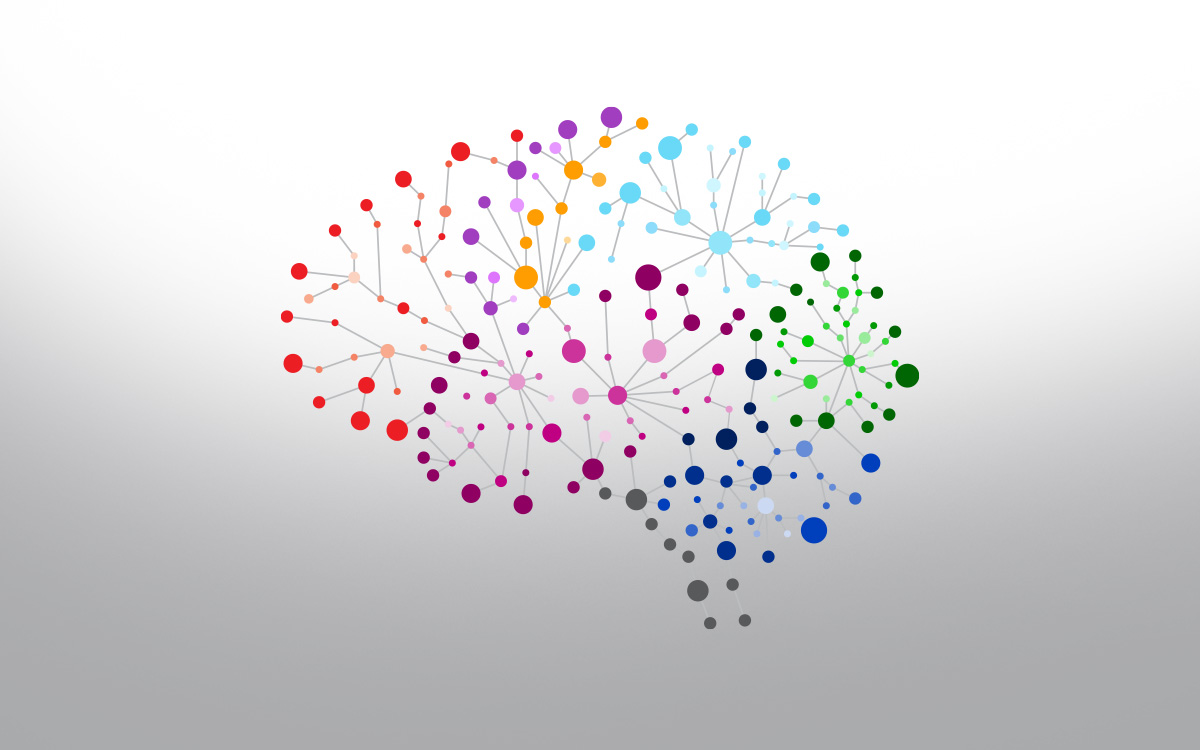Music is so ingrained into our lives, from TV and film soundtracks to our own musical choices, and even what the radio introduces us to — it’s constant. Turns out, this can be a good thing for the brain. Why?
The power of music on the brain is so incredible that it can increase emotional and cognitive functioning by releasing dopamine and conversely reducing cortisol levels to improve mood, memory, and focusing abilities. The domino effect of these improvements is improved sleep and motivation: key factors to active aging and a healthy and happy life.
How Listening to Music Works on Your Brain
When we are stressed, our bodies automatically resort to the fight or flight response as a result of the stress hormone cortisol. This takes up a lot of energy — energy better spent on more nurturing activities and ways to handle situations. A build-up of cortisol levels can weaken the immune system, making you more susceptible to illnesses, as well as increased feelings of agitation and anger.
Cortisol injected into the bloodstream can lead to muscle tension, increased heart rate, and spikes in blood pressure. Since listening to music that you enjoy reduces cortisol levels, your body is able to relax into its natural rhythms, meaning better sleep patterns as well as mental clarity and alertness.
“Your brain lights up like a Christmas tree when you listen to music. Music is really such a complex stimulus, and you can use it in an intentional way for general wellness,” says neurologic music therapist and Associate Professor in the Bower School of Music & the Arts, Kimberly Sena Moore.
Thus, music is an excellent “anti-aging” tool to keep your brain engaged – and your heart happy, listening to those tunes!
Do you know how or wish to learn how to sing or play an instrument? Even better.
How Does Music Relate to Neuroscience
According to research by Simon Landry at the University of Montreal, “As people get older, for example, we know their reaction times get slower,” says Landry. “So, if we know that playing a musical instrument increases reaction times, then maybe playing an instrument will be helpful for them.”
He also concluded that people who play an instrument have faster auditory, tactile, and audio-tactile reaction times.
What Part of The Brain Does Music Stimulate?
There are three main areas of your brain that music affects: the nucleus accumbens, amygdala, and the cerebellum. These areas are what stimulate emotional responses in the listener, which is why you might find yourself identifying certain emotions with certain songs.
Music also has the power to create new neuropathways because “music is one of the few things that crosses both hemispheres of the brain, helping to create new neural pathways for language,” explains Blake French, MS, CCC-SLP, CBIS.
This fact makes it an excellent tool to use with elderly people who’ve suffered from a stroke or live with dementia and Alzheimer’s, as part of their rehabilitation to increase communication and even confidence.
Benefits of Music on The Aging Brain
Perhaps you took piano lessons when you were younger or played in the school band. All that time wasn’t just for fun, it was also helping to create additional neural connections that can help compensate for cognitive declines later in life. The motor control and coordination needed to play an instrument, as well as using your mouth and breath for wind instruments and singing, along with learning how to read music, all contribute to a brain boost that’ll pay-off in your senior years.
It does not mean if you didn’t learn while you were young that you can’t benefit from learning an instrument or even simply listening to music now.
How Learning an Instrument Can Benefit the Aging Brain
- Concentration
- Self-discipline
- Confidence
- Act as a Protective Factor Against Cognitive Decline
- Healthy Aging
- Social Engagement and Co-operation
- Imagination or The Recall of Personal Memories
- Cognitive Advantage:
- Working Memory, Immediate Verbal Recall, and Verbal Fluency
How Listening to Music Can Impact the Aging Brain
- Dopamine hit! Music and emotions are closely linked. How many times have you listened to a song, and it’s evoked a sense of nostalgia, joy, sadness, or excitement?
- Memories and memory recall
There is a relationship between music and better mental health, in which music acts as a creative way to process emotions, trauma and grief. It can also be used to regulate and calm emotions.
Why Does Music Help Those Living with Dementia?
The cognitive advantage of intentionally incorporating music into your life has the benefit of exercising memory muscle, immediate verbal and information recall, and verbal fluency.
Think of it this way: playing an instrument requires you to perform certain steps in a certain order. You learn the note names, rhythm, how to make a note on your instrument, then repetition makes perfect! This repeated practice creates that strong muscle memory. It also promotes memory recall and focused attention.
What Type of Music is Beneficial for Seniors?
Does a certain type of music work better than others? Research says no. The effect of music on the brain is largely in the mechanics of it – as well as personal attachment. Perhaps you’re a smooth jazz fan, into country, rock, blues, or pop. It doesn’t really matter the musical style, it’s how the individual brain is familiar with a particular genre or song that will trigger the emotion, memory, etc.
When using music for therapeutic purposes, it’s helpful to keep in mind that different styles can inherently create different responses. Upbeat music with positive lyrics is bound to generate energy and happy emotions. Soothing music is probably more prone to create a calm and focused environment.
Whether learning or listening, music plays a vital role in healthy aging. This is why we incorporate Java Music Club into our signature Life Enrichment program at Verve Senior Living — because we believe that nurturing the mind, body and spirit is crucial to vitality.




